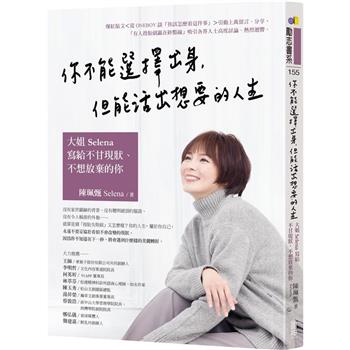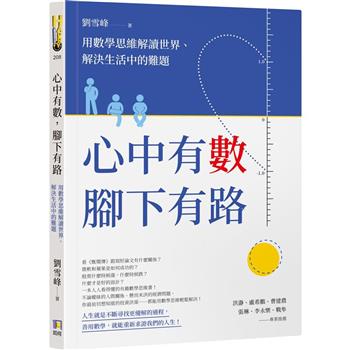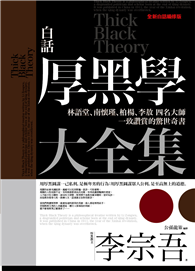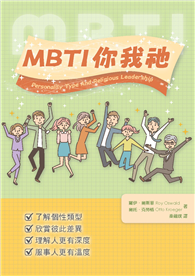The author offers a reassessment of how women’s experience of work in 18th- century England was affected by industrialization and other elements of economic, social and technological change.; This study focuses on the household, the most important unit of production in the 18th century. Hill examines the work done by the women of the household, not only in "housework" but also in agriculture and manufacturing, and explains what women lost as the household’s independence as a unit of economic production was undermined.; Considering the whole range of activities in which women were involved - including many occupations unrecorded in censuses which have, therefore, been largely ignored by historians - Hill charts the increasing sexual division of labour and highlights its implications. She also discusses the role of service in husbandry and apprenticeship, as sources of training for women, and the consequences of their decline.; The final part of the book considers how the changing nature of women’s work influenced courtship, marriage and relations between the sexes. Among the topics discussed are the importance of the women’s contribution to setting up and maintaining a household; labouring women’s attitudes to marriage and divorce and the customary alternatives to them; and the role of spinsters and widows. The author concludes by asking to what extent the industrial revolution improved the overall position of women and the opportunities open to them.; This series aims to re-establish women’s history, and to challenge the assumptions of much mainstream history. Focusing on the modern period and encouraging perspectives from other disciplines, it seeks to concentrate upon areas of focal importance in the history of Britain and continental Europe.; Bridget Hill is the author of "Eighteenth-Century Women: An Anthology" and "The First English Feminist".
| FindBook |
有 1 項符合
Women, Work and Sexual Politics in Eighteenth-Century England的圖書 |
 |
Women, Work and Sexual Politics in Eighteenth-Century England 作者:Hill 出版社:Taylor & Francis 出版日期:1993-12-16 語言:英文 規格:平裝 / 288頁 / 21.6 x 14 x 1.5 cm / 普通級 |
| 圖書館借閱 |
| 國家圖書館 | 全國圖書書目資訊網 | 國立公共資訊圖書館 | 電子書服務平台 | MetaCat 跨館整合查詢 |
| 臺北市立圖書館 | 新北市立圖書館 | 基隆市公共圖書館 | 桃園市立圖書館 | 新竹縣公共圖書館 |
| 苗栗縣立圖書館 | 臺中市立圖書館 | 彰化縣公共圖書館 | 南投縣文化局 | 雲林縣公共圖書館 |
| 嘉義縣圖書館 | 臺南市立圖書館 | 高雄市立圖書館 | 屏東縣公共圖書館 | 宜蘭縣公共圖書館 |
| 花蓮縣文化局 | 臺東縣文化處 |
|
|
圖書介紹 - 資料來源:博客來 評分:
圖書名稱:Women, Work and Sexual Politics in Eighteenth-Century England
|











